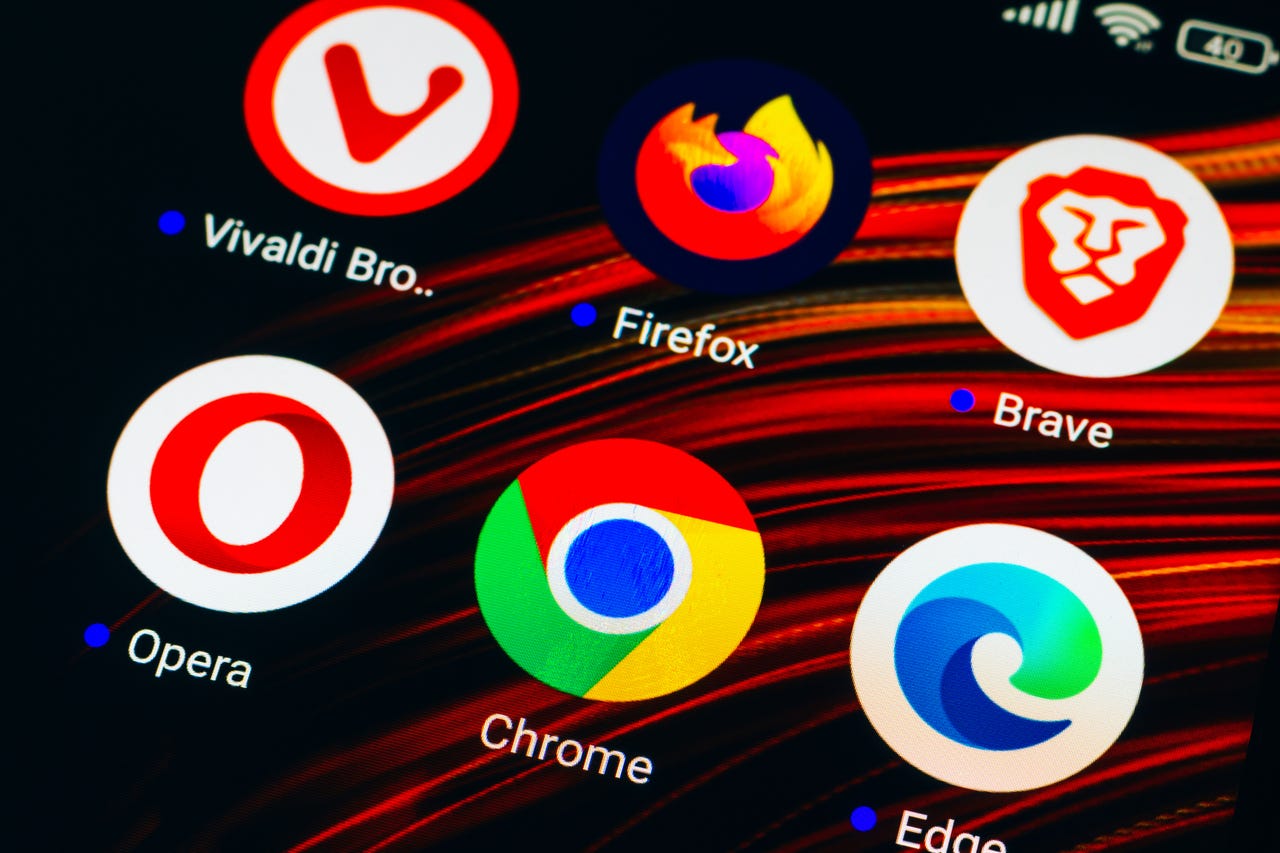The European Union’s Digital Markets Act (DMA) shook up the mobile browser landscape earlier this year with the introduction of mandatory browser choice screens on iOS and Android devices. While the intention was to foster competition in the market, smaller browser makers have expressed apprehension about the current design and implementation of these choice screens, highlighting its potential impact on their user acquisition efforts and overall competitive position. In this piece, we delve into the concerns of underdog browsers and the implications for the competition landscape in the post-DMA era.

The DMA’s introduction of browser choice screens holds immense potential to redress the balance of power in the browser market. By compelling major players, such as Apple and Google, to display alternative options, smaller browsers might finally have their moment to stake a claim on a larger market share. However, certain concerns remain about the effectiveness of the current design and implementation of these choice screens.
One of the most pressing issues is the inconsistent user exposure to alternative browsers. While some browsers enjoy a broad presence on choice screens across various EU markets, others are confined to select regions or user groups. This considerable disparity in visibility substantially influences the potential gains that smaller browsers can reap from this regulatory change. For instance, a browser that only appears in a specific market may not see a significant uptick in downloads or usage compared to browsers that are more widely represented.
Another point of contention is the reluctance of some smaller browser makers to share early impact data on the DMA. Some industry experts believe that these players might be holding off, hoping for a stronger implementation of the choice screens. A stronger implementation could include changes that ensure more uniform display across markets and devices, as well as design improvements that grab users’ attention more effectively. By waiting, these underdog browsers aim to build a stronger case for the DMA’s benefits and potentially increase their market share.
Moreover, there is discontent among alternative browsers regarding the overall effectiveness of the choice screens’ design. Users only see the screens after clicking on a specific browser, typically the default one. The screens themselves provide limited information about the available browsers when compared to the slick and visually appealing offerings of their larger competitors. Furthermore, a user who has already made a choice may not even encounter the choice screen, further limiting its potential impact on the competitive landscape.
Lastly, the substantial market share and control enjoyed by major players like Apple and Google creates an uphill battle for smaller competitors. Even in the post-DMA era, these dominant players possess inherent advantages based on their market position and control of operating systems and app stores. The introduction of browser choice screens may not fundamentally shift the power dynamic, leaving smaller browsers at a disadvantage. This persistent reality could further contribute to the reluctance of some players to share data on their early impact in the market.
The EU’s DMA-driven browser choice screens have brought a renewed debate on the competitive landscape for smaller browser makers. Persistent concerns surrounding inconsistent user exposure, reluctance to share impact data, and the challenges faced by smaller browsers against dominant players create an intriguing backdrop for the future of browser competition. It is crucial for ongoing regulatory action to address these issues, strengthen the design and implementation of the choice screens, and ultimately level the playing field for all competitors.
Related Articles
- The Browser Company raises $50 million at $550 million valuation - TechCrunch
- On DMA eve, Google whines, Apple sounds alarms, and TikTok wants out - Ars Technica
- Apple changes course, will keep iPhone EU web apps how they are in iOS 17.4 - Ars Technica
- Apple reverses decision to kill home screen web apps in the EU - Mashable
- Europe Is Breaking Open the Empires of Big Tech - WIRED

